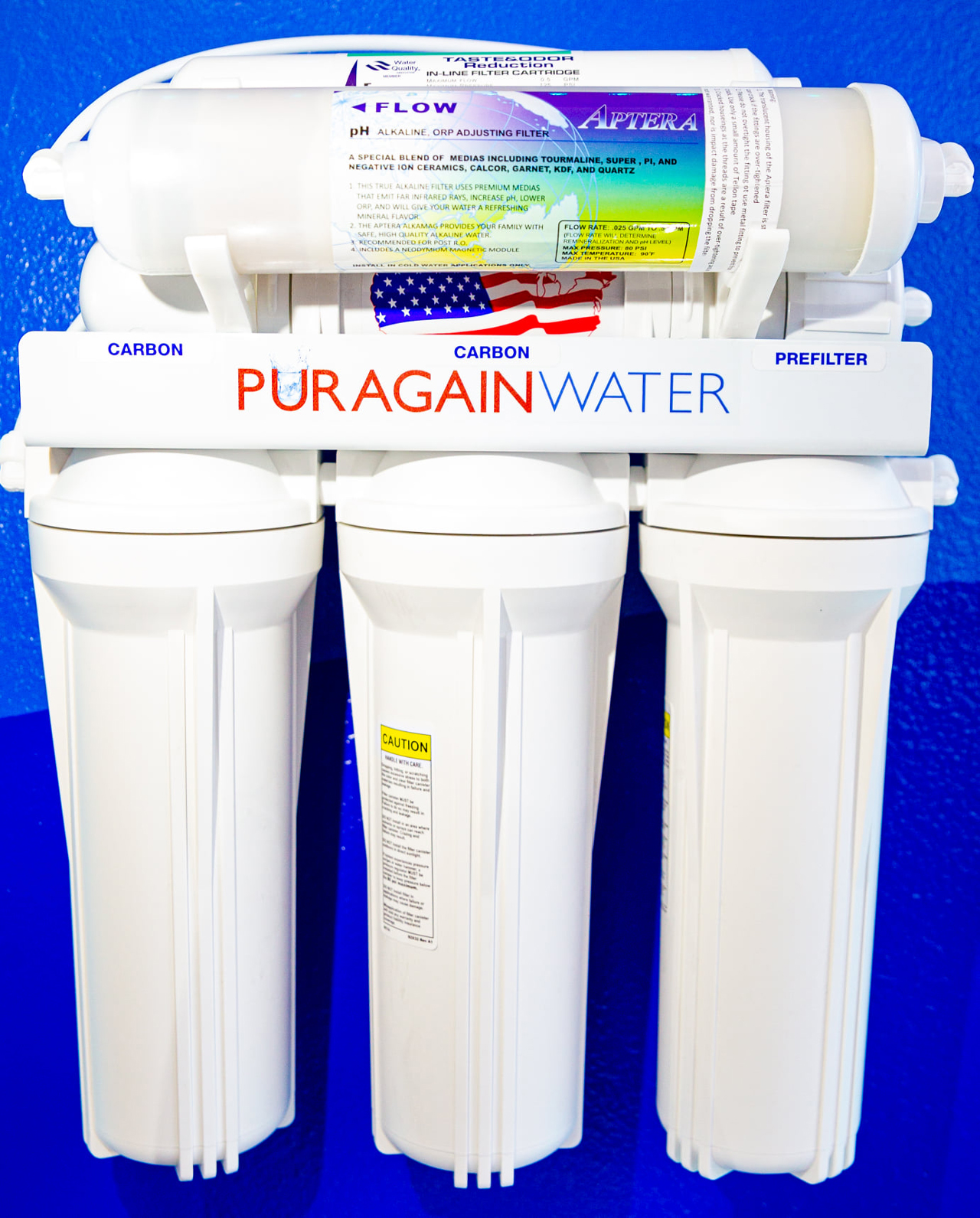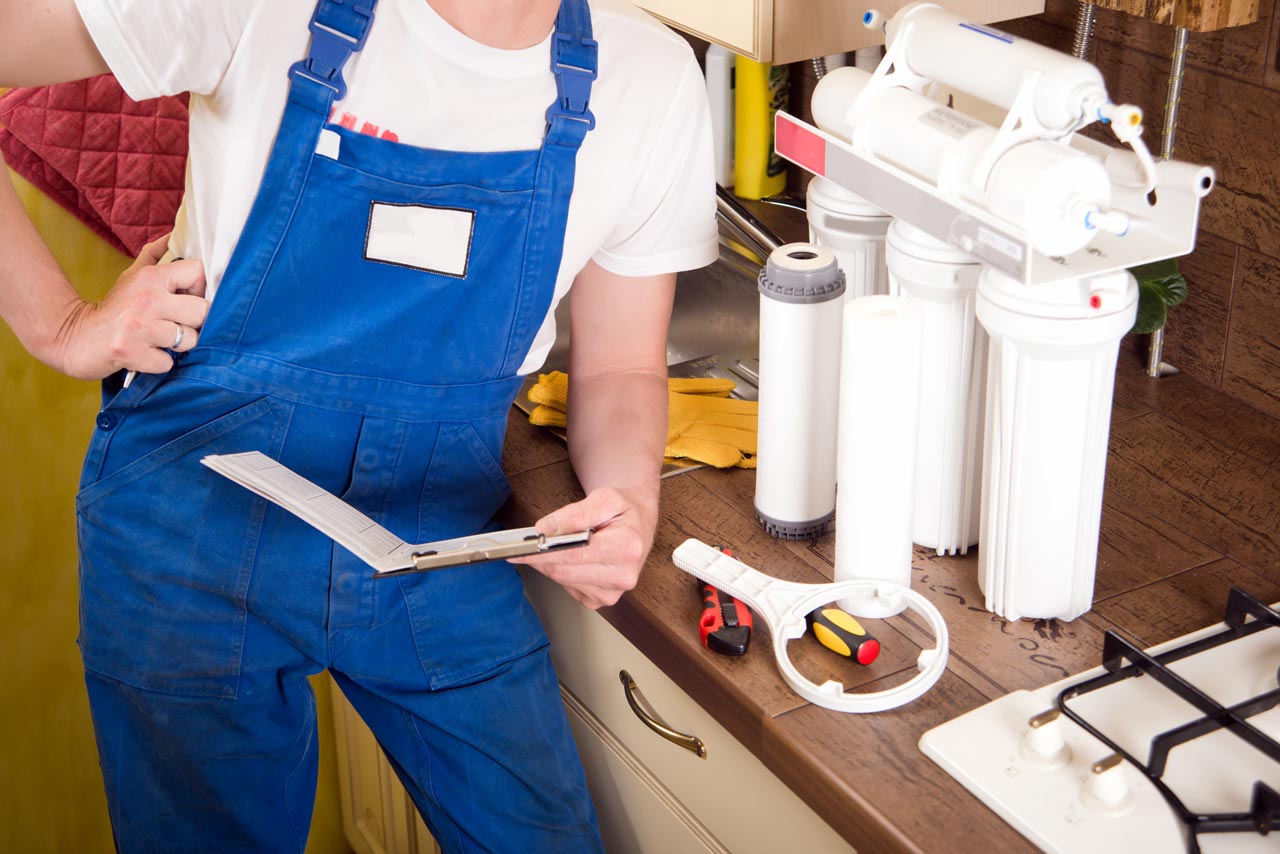
Water hardness can be a persistent issue for households, causing a wide range of problems such as dry skin, spotty dishes, and mineral buildup in appliances. This is where a water softener comes in.
But beyond addressing these common issues, can water softeners actually improve your family’s health? This is a question that many homeowners ask, and the answer may surprise you. In this blog, we will explore the potential health benefits of using a water softener or whole-house water filtration system.
We will also discuss how water softeners work and the different types available to help you make an informed decision.
Water Softeners: How They Can Improve Your Family’s Health
Water softeners offer numerous benefits to your family’s health, including softer skin, healthier hair, and a reduction in skin irritation.
By removing harmful minerals, such as calcium and magnesium, from your home’s water supply, you can enjoy cleaner dishes, brighter laundry, and a more efficient plumbing system.
Moreover, a reduction in mineral buildup in your water heater can lead to a longer lifespan and fewer repairs, improving the overall health of your home’s water system.
The Health Benefits of Softened
Water Softened water offers various health benefits, such as reducing dry skin and minimizing the adverse effects of hard water on individuals on sodium-restricted diets.
Additionally, softened water can lead to less soap scum buildup in bathtubs and sinks, making it easier to clean and improving overall hygiene in the home.
Salt-Based vs Salt-Free Water Softeners: Which One is Better for Your Health?
Salt-based water softeners are efficient at removing hardness minerals from water, but they add sodium to the water. For individuals on sodium-restricted diets, salt-free water softeners may be a better option.
They use alternative methods, such as magnetic or electronic pulses, to reduce the effects of hard water without adding sodium. It’s essential to understand the pros and cons of each option and consult with water experts to determine the best choice for your family’s health.
Adverse Effects of Hard Water on Your Health
While hard water is generally safe to drink, it can have adverse effects on your health in other ways. The high mineral content in hard water can cause dry skin and hair, as well as aggravate conditions like eczema and psoriasis.
In addition, hard water can lead to mineral buildup in pipes, appliances, and fixtures, which can lead to reduced water pressure and costly repairs.
Furthermore, hard water can cause soap scum buildup on shower walls, dishes, and laundry, leading to spotty or dingy results. This can be a particular issue for those with sensitive skin, as it can cause skin irritation and even exacerbate certain skin conditions.
Installing a water softener can alleviate these adverse effects and improve the overall health and well-being of your family.
Let Purgain Water Help Your Choose the Right Water Softener for Your Family’s Health
Don’t compromise your family’s health by settling for unsoftened or poorly filtered water. Let Puragain Water provide you with expert guidance in selecting the best water softener or whole-house water filtration system that suits your specific needs.
With our extensive knowledge and experience in the industry, we can help you make an informed decision to ensure you get the right solution that will provide clean, healthy, and great-tasting water for your family.
To schedule a consultation and experience the benefits of having the best whole-house water filtration system in your home., contact us at 855-40-WATER at Puragain Water today!



